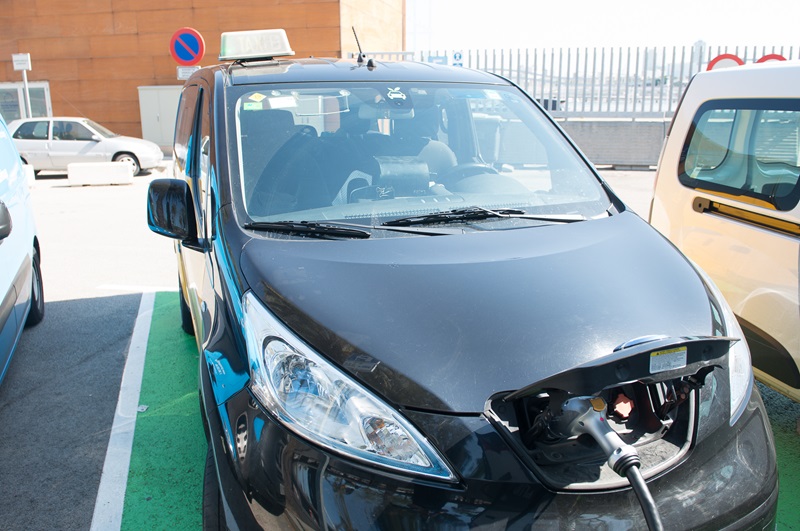Expect more total losses with electric vehicles: report

Canadian auto insurers can expect to write off electric vehicles (EVs) rather than try to repair their expensive, damaged batteries, says a report by DBRS Morningstar.
“The most expensive component of an EV is the battery, often embedded in the chassis of the vehicle and protected by its undercarriage,” DBRS Morningstar says in its report on insuring EVs, released Monday.
“The batteries are difficult and expensive to repair or replace, leading some insurers to total relatively new EVs with low mileage rather than attempting to repair or replace the battery.
“Recent media reports from B.C. described how the main provincial auto insurer, ICBC [Insurance Corporation of B.C.], wrote off an entire EV because the cost to replace the battery would be the same as buying a new car of the same brand and make.”
Over time, the cost of writing off damaged EVs will be a factor in increased auto insurance rates for EV drivers across Canada, DBRS Morningstar says. It based its prediction on trends seen after the rise of EV sales in Europe and the United States.
With its introduction of the Electric Vehicle Availability Standard in December 2023, Canada joins the U.K and some other European and U.S. jurisdictions in mandating a 100% zero-emission vehicle (ZEV) sales target for light-duty vehicles by 2035.
Recurrent, an organization providing information and research on electric vehicle batteries, says “EV battery replacements range from $5,000 to $20,000 based on the pack, size and manufacturer.”
Related: What insurers pay to repair EVs
Recurrent cites research conducted in 2019 by the Mack Institute for Innovation Management at the Wharton School for Business. At that time, the average “cost of battery packs was $161/kWh,” Recurrent says, citing the Wharton study.
“With that estimate, in 2019, the cost of an out-of-warranty 100 kWh battery, as is common in Tesla long-range vehicles, would be at least $16,100 before [labour], taxes, etc. If the trend in battery price reduction stays constant, then by 2025 the price in 2019 [dollars] should be about $56/kWh, or $5,600 to replace a 100 kWh battery. That’s a big change in overall cost.”
But that kind of projected cost reduction is subject to several qualifications. And the costs cited are just to replace the dead battery, not to repair it.
“The limitation of this analysis is that it doesn’t include the [labour] costs, tax policy, business models, and other externalities related to a battery replacement,” Recurrent observes.
Labour costs are higher to repair EVs because highly specialized experience is required to perform maintenance on EVs. This would be another factor in the escalation of claims costs for auto insurers, which result in premium increases for EV drivers.
DBRS Morningstar cited a Financial Times article published an article in October 2023, which reported that U.K. auto insurers have increased EV insurance rates substantially over the past year.
“The [Financial Times] article…stated that in 2023, the average cost of insurance increased by 72% compared with an increase of 29% for ICE [internal combustion engine] vehicles,” DBRS Morningstar’s report says. “This could be an early indicator of what is to come for Canadian car owners in the near future as EV adoption increases and claims begin to add up for insurers.”
Feature image courtesy of iStock.com/chef2







